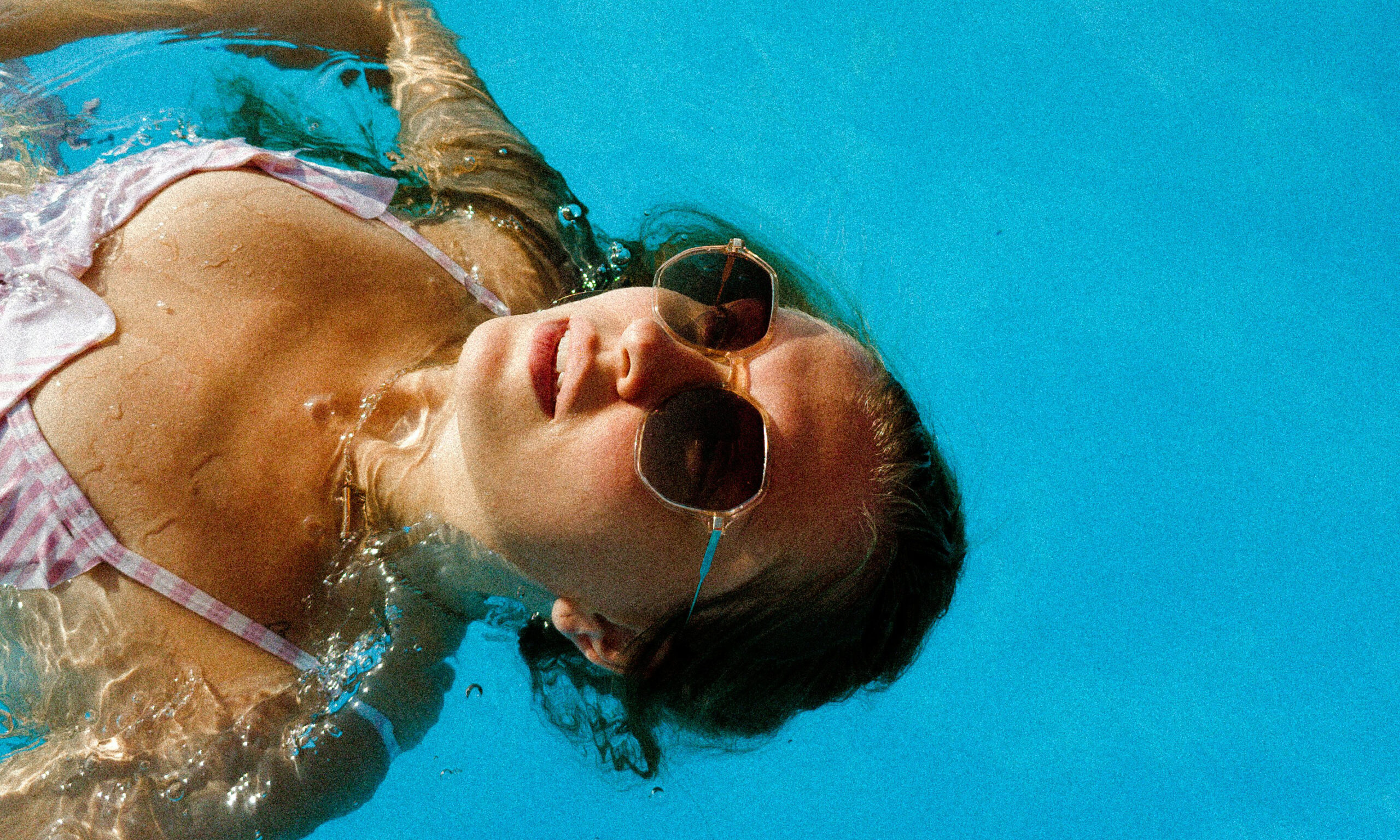The arrival of warm weather signifies the hunt for the perfect sunscreen before summer. As the temperatures begin to climb, new brands and products begin to emerge. With interest in international skin care growing steadily, the conversation about SPF protection has changed. Sure, white cast and mineral versus chemical are still topics of concern, but the larger question at hand is formulation, and more specifically, the difference between American sunscreens and those abroad, especially Korea. K-beauty skin-care brands and trends are some of the most highly regarded in the beauty industry. Given that, it only makes sense that acknowledgment of sunscreen formula changes would stir up controversy. However, on TikTok and Instagram, creators aren’t just talking about the changes—they’re showing us in real time how K-beauty brands, such as Beauty of Joseon, are adjusting their formulas for the U.S. market.
A quick glance will show the obvious change in consistency. But there’s much more to these formulas than meets the eye. “Korean sunscreens stand out because the formulation philosophy is the same as it is for skin care, often resulting in a sunscreen that’s lightweight, cosmetically elegant, and built to layer like a serum or hydrating moisturizer,” says internal medicine physician Zion Ko, MD. The market and general point of view around SPF has shifted dramatically from the days of our youth, and K-beauty formulas are continuously flooding FYPs, but does that mean that they’re better? Ahead, we chatted with three skin-care experts to find out.
Featured experts
- Tiffany Libby, MD is a board-certified dermatologist in Providence, RI
- Zion Ko, MD is board-certified internal medicine physician
- Ron Robinson is a cosmetic chemist and the founder of BeautyStat
What’s the difference between Korean and American SPF?
One of the main differences between Korean and American sunscreens is their active ingredients. You’ve probably seen the discourse on TikTok about sunscreen ingredient approval in the U.S., and how there hasn’t been a new approval since the late ‘90s. According to Providence, RI dermatologist Dr. Tiffany Libby, the FDA regulates sunscreens as over-the-counter drugs, meaning new UV filters must go through an extremely lengthy and expensive approval process. The result has been a stalemate for new ingredients. While American SPF formulas remain stuck in the past, K-beauty formulations have embraced more advanced UV filters. Cosmetic chemist Ron Robinson explains that common filters in K-beauty formulas include Tinosorb S and Uvinul, which provide great broad-spectrum UV protection. “These filters also ensure more stable UV protection, especially when it comes to UVA,” says Dr. Libby.
Unsurprisingly, K-beauty formulas also prioritize skin-care benefits, making them more appealing to consumers. “In Korea, sunscreens are regulated as functional cosmetics as opposed to OTC drugs, which allows them to include next-gen filters and common skin-care ingredients,” notes Dr. Ko. Put simply, the things you love about your favorite K-beauty products could also be the benefits a Korean sunscreen boasts. Think lightweight consistency, fast-absorbing, hydrating and no greasy finishes.
How do the ingredients affect protection levels?
With modern filters, Korean SPFs are built to provide stable protection that lasts much longer than American formulas. Dr. Ko adds that the increased protection [against UVA and UVB] lessens the risk of photodegradation. “This is especially important because UVA rays are the primary culprits behind premature aging, hyperpigmentation and deep dermal damage,” she says. But what about those skin-loving ingredients? According to Robinson, they can be just as powerful an asset in sun protection. The addition of skin-caring ingredients like centella asiatica and hyaluronic acid, only makes the overall formula better equipped to hydrate and protect the skin.
Are there any drawbacks to Korean SPFs?
Despite the lengthy process, the experts say there are some benefits to SPF formulas being considered OTC drugs. “Korean sunscreens often skip water resistance testing unless specifically formulated for sports or outdoor use, where U.S. sunscreens are held to strict FDA testing standards for claims like water-resistant and broad-spectrum,” says Dr. Ko. So, while K-beauty formulas work better with your skin-care and makeup, they may not be as durable for outdoor activities. “There is always a possibility that international formulas aren’t as rigorously tested to validate their level of UV protection, so it’s best to shop carefully,” says Robinson.
